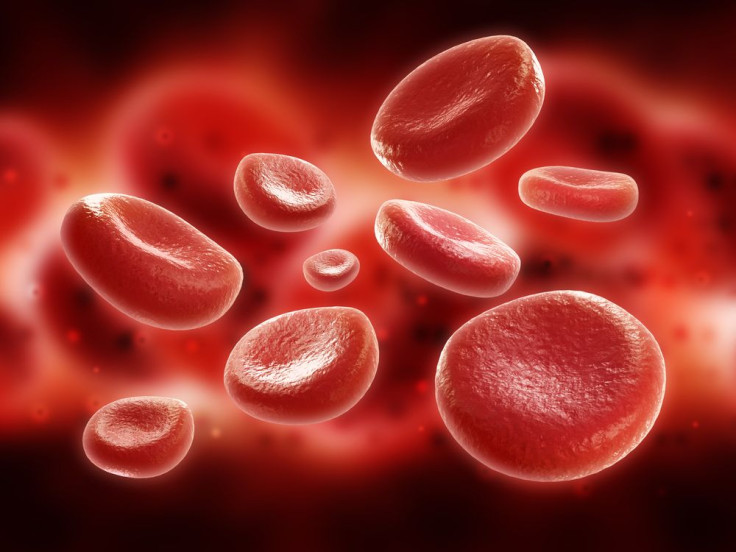Viagra Could Prevent Malaria Transmission By Recruiting Red Blood Cells And Spleen

A collaborative study by French and English scientists observed that Viagra, the world’s most famous “little blue pill,” is able to stop the parasite which causes malaria from spreading from humans to mosquitoes. Experts believe this fascinating side effect of the erectile dysfunction medication could help control malaria cases and protect populations where the disease is prevalent.
When a human is bitten by an infected mosquito, the bug will deposit the parasite Plasmodium falciparum into their blood stream. This parasite then takes residence in the individual's red blood cells. When an uninfected mosquito then bites a malaria patient, the bug will become infected with the parasite, facilitating the spread of disease.
In the study, the researchers noted that when an individual infected with malaria takes sildenafil (Viagra), the drug causes the parasite inside the red blood cells to “stiffen.” This causes the entire cell to become less flexible. As reported by The Mirror, the now stiff red blood cells are much more likely to become trapped by the body’s blood filter, the spleen. Although the individual remains infected with malaria, the parasite-infected blood cells are removed from the body before they can be transmitted to another mosquito, further continuing the cycle.
Current malaria treatments aim to stop immature forms of the parasite, but this approach is novel in that it targets the mature forms of the parasite.
"This strategy ... opens new avenues toward the design of novel interventions to halt the spread of malaria to humans," explained Ghania Ramdani, lead scientist in the study, as reported by The Mirror.
Before Viagra is given to malaria patients, the active drug will be modified to help prevent the drug’s erectile effect.
Malaria is a serious and sometimes fatal condition. The Centers for Disease Control and Prevention estimates that worldwide there are around 198 million cases of malaria each year and 500,000 deaths. The condition causes fever, chills, headache, sweats, nausea, and vomiting.
There is currently no cure or vaccine for malaria, but earlier this year GlaxoSmithKline’s attempt at a vaccine proved to be "partially effective." The vaccine prevented the disease in about 30 percent of the cases. The researchers involved with the vaccine’s developments insist that although the drug is not completely effective, it may be able to help cure the huge burden of the disease.
“Preventing some of those attacks is not insignificant,” said lead study author Dr. Brian Greenwood, as reported by Sky News.
Source: Ramdani G, Naissant B, Thompson E, et al. cAMP-Signalling Regulates Gametocyte-Infected Erythrocyte Deformability Required for Malaria Parasite Transmission. PLOS Pathogens. 2015.



























